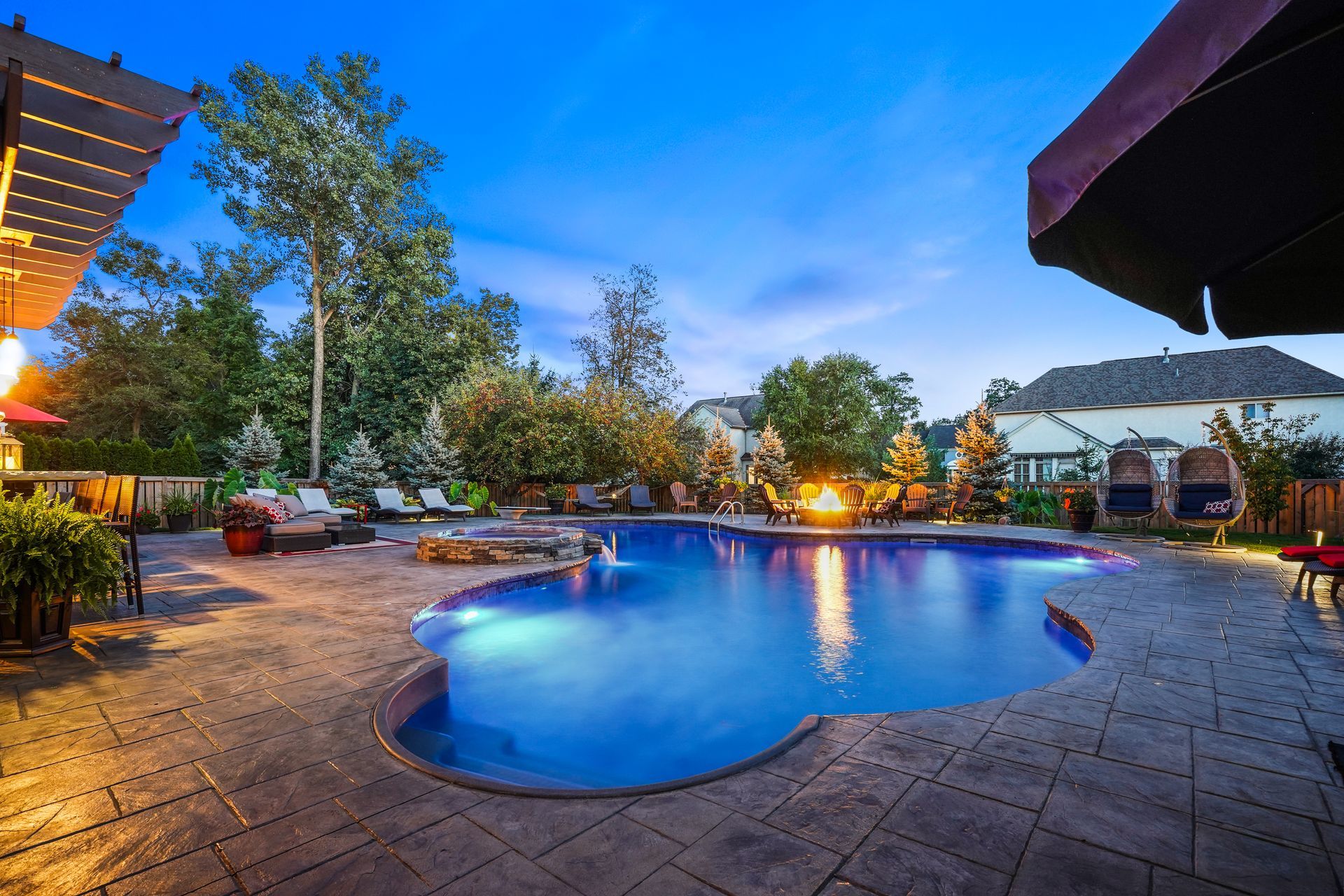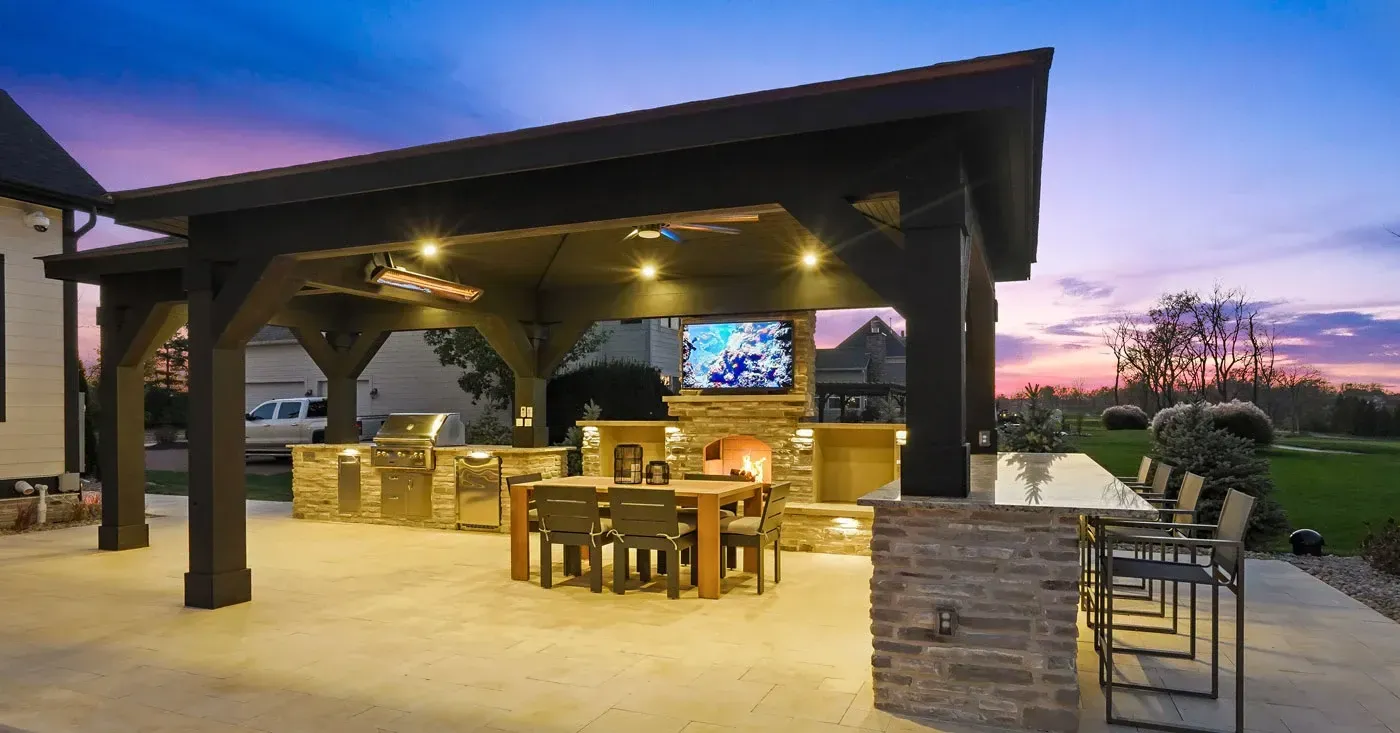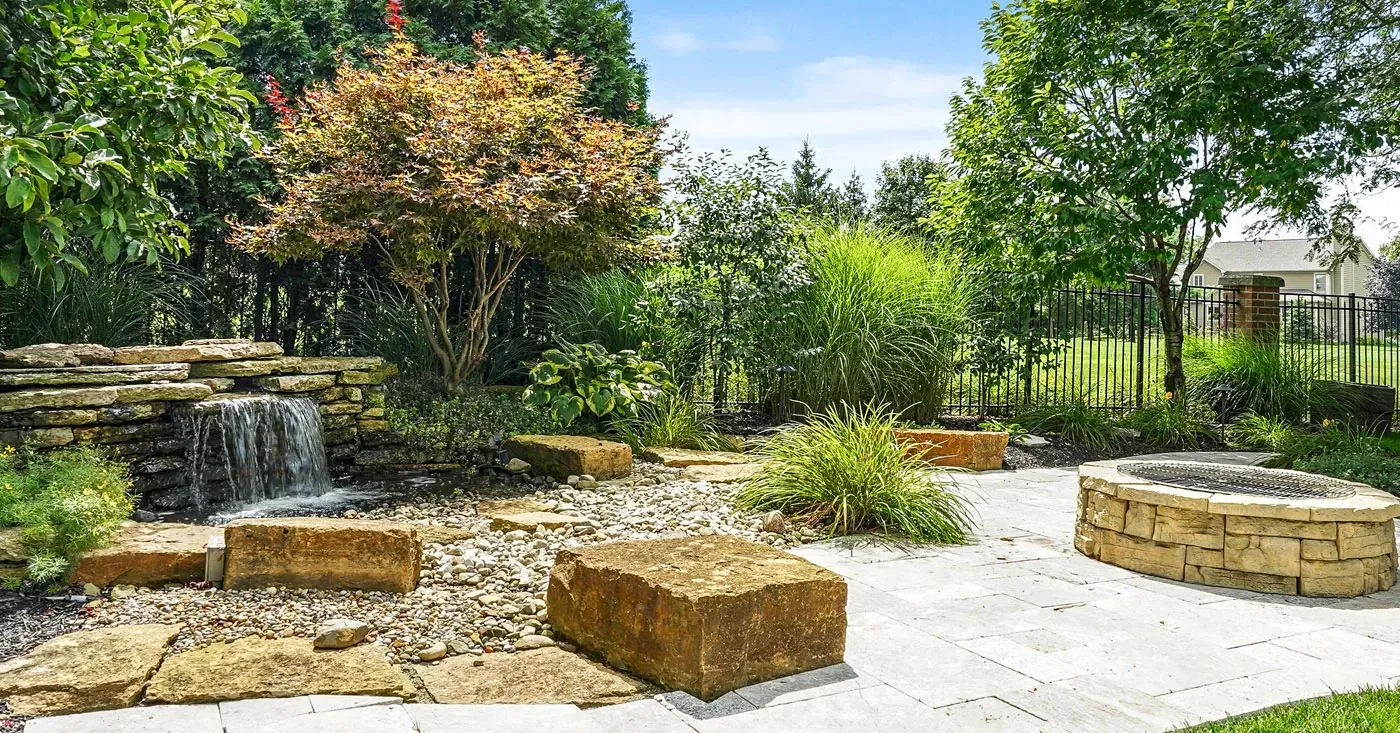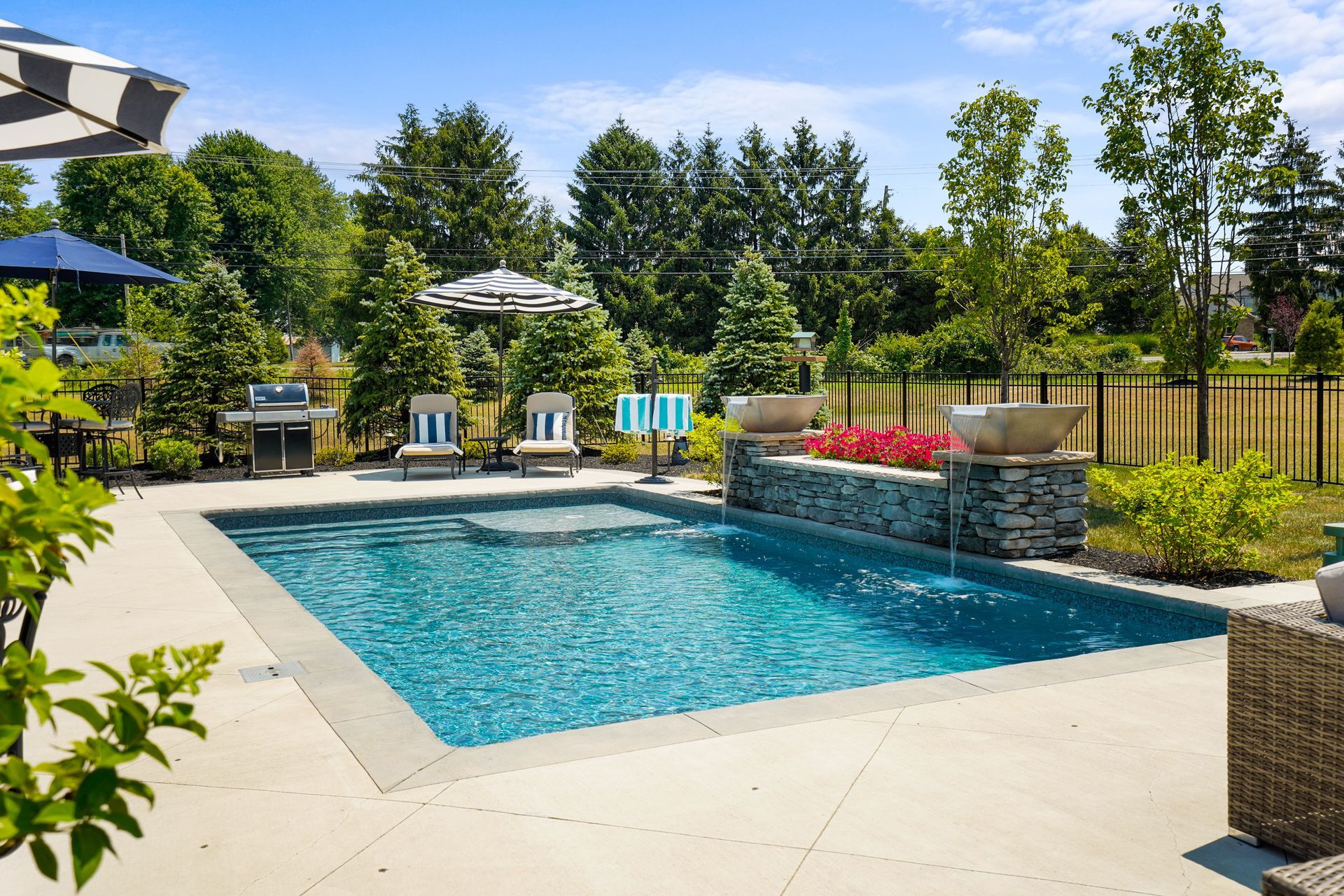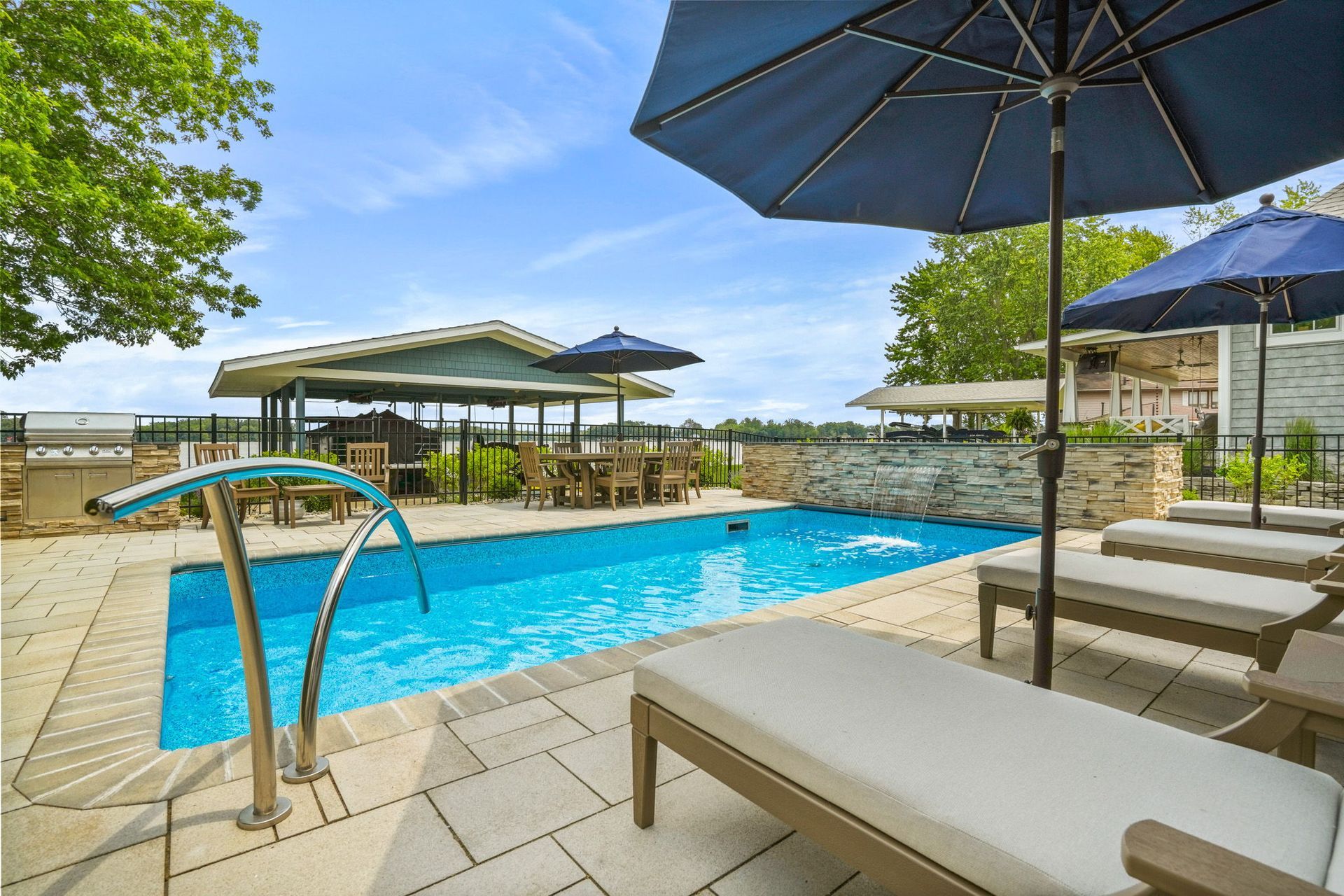Outdoor Kitchens – Ten Ways to Keep Bugs at Bay
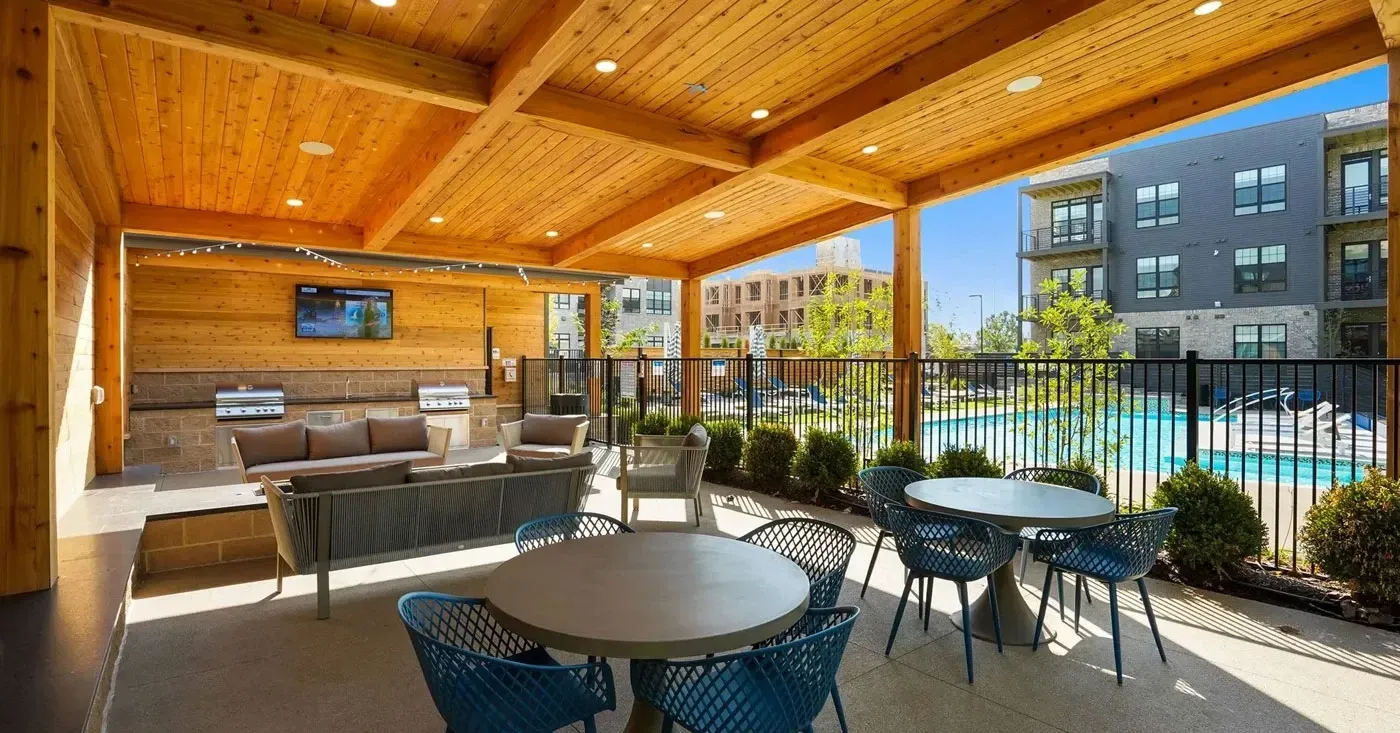
Having Problems with Bugs?
Once you have invested in an outdoor kitchen, you will want to be spending a lot of your free time cooking up a storm outside. The beauty of a natural stone kitchen with stainless steel appliances is unbeatable and truly gives your patio the perfect polished finish. Cooking outside has a downfall though… it can lead to one little irritating problem – pests!
We have come up with ten ways to naturally eliminate outdoor kitchen bugs so you can have the best cookouts on the block with no worries of bugs crawling over the countertops! Use our ten natural insect repellant tips to keep your outdoor kitchen bug free, the way you want it to be!
Pest Prevention Tip One: Concoct a Homemade Natural Bug Spray That Works!
One place you don’t want bugs is…well on your skin! Bug bites can be irritating and itchy! Create a made-at-home natural bug repellent that doesn’t contain harmful chemicals. Protect yourself and your family from bites and chemicals by whipping up a batch of bug spray with natural essential oils. Not only will this recipe smell better than store-bought products, but it is also safer for your family and the environment!
Pest Prevention Tip Two: Plant a Natural Insect Repelling Herb Garden!
Certain plants are natural insect repellents and double as herbs you can use in your outdoor kitchen while cooking! How cool is that?! Start an herb garden box with herbs that have natural repellants for insects! You will keep the pesky bugs at bay and spice up your kitchen!
This gorgeous lavender and marigold garden set up not only enhances the aesthetics of your backyard, but will also deter pests from entering the outdoor kitchen!
Herbs that turn off insects include: Lavender, Peppermint, Marigolds, Lemongrass and Lemon balm. If you decide to plant Lemon balm, make sure you keep it in a container because it spreads quick! You can use these herbs to ward off bugs and you can even crush them up and apply directly to your skin for bite prevention!
Pest Prevention Tip Three: Use Citronella to Your Advantage!
Citronella has a delicious lemony scent that naturally repels mosquitos and other bugs. You can plant citronella as a deterrent or light up your outdoor area with citronella tiki torches. The citronella plant can grow up to four feet high and is actually very pretty.
Pest Prevention Tip Four: Bet Ya Didn’t Know That Catnip Prevents Roaches and Mosquitoes!
Yep, you read that right. Catnip isn’t just for kitties, it can keep roaches away. It also serves as great mosquito repellent, with some studies suggesting that it is more effective than chemical laden deet! You can plant catnip in a container or garden box.
It’s a very pretty plant and looks great planted in small clay pots set upon your outdoor kitchen’s counters. If you have cats, be mindful of where you plant the catnip because your kitty will most likely want to roll around in their favorite grass! Plant separate from other herbs or plants that you don’t want the cat getting in to!
Did you know catnip prevents mosquitos and roaches from bugging up your outdoor kitchen?
Pest Prevention Tip Five: Fly Busters the Natural Way!
Flies are not only gross they are annoying when cooking and eating outside. Nobody wants to taste the delicious summer salad you spent so much time chopping when a fly lands on it. To control flies outside you can use something as simple as water in a zip lock baggie. Check out the video below to get ideas on how to make your own natural fly repellent! Use water and hot pepper spice mix to spray around the corners of outdoor kitchen counters to deter pesky flyers!
Pest Prevention Tip Six: Got Ants? The Solution is Simple!
Ants form a working line that can seem endless. They love summertime picnics just as much as you! The ants march to get into your outdoor kitchen space is over though. Just follow a few easy steps to rid your outdoor space of ants. First, always try to keep the area clean of crumbs and sticky ingredients. Wipe spills up and get rid of sticky spots.
You can set out cucumber peels or slices near the ant’s entryway and deter them from the kitchen because ants have a natural aversion to cucumber. Use lemon juice, cinnamon, coffee grounds, citrus oil or cayenne pepper near the ant hill to stop ants from crossing a certain area. Check out these cool tips on ant prevention for your outdoor kitchen. The video below shows a natural ant killer that uses household product Borax! Check it out!
Pest Prevention Tip Seven: Stink Bugs Just Stink!
We all know the pesky little boogers known as stink bugs. They have shield shaped body, protruded mouth suckers and straight antennae – they are not pretty bugs and can leave a sick nasty odor behind. Last year, Ohio faced a stink bug invasion during the fall that was unlike any other. Stink bugs lay their eggs during the summer, so your best bet is to take preventative measures in the warm weather months to battle the invasive bug.
Pest Prevention Tip Eight: Install a Bat Box!
This can seem a little creepy at first, but bats are truly natures bug eliminator! Especially when it comes to mosquitoes! Bat boxes are relatively easy to install and can be set out of the way in your backyard. You may be surprised at how much fun you’ll have watching the tiny winged creatures creeping out at dusk to eat all the mosquitoes out for blood lust!
One bat can eat up to 12,000 mosquitoes in one night! You can hire someone to build a bat box for you or DIY.
Pest Prevention Tip Nine: Don’t Get Stung! Make a Wasp Catcher for Your Outdoor Kitchen Surroundings
Wasps can make their nests just about anywhere and sometimes their choice ends up being inconvenient and unsafe for your family. Instead of using toxic wasp sprays, try a natural remedy to catch wasps. Protect your family from the sting of a wasp and from the sting of toxins!
Prevention Tip Ten: Don’t Stress the Pests! Enjoy the Beauty of Your Outdoor Kitchen!
You should be able to enjoy your outdoor kitchen for most everyday of the year. Don’t let summer pests stop you from cooking outside. Use our tips to naturally prevent bugs and protect yourself from bites and stings. Whether you have a roach problem, mosquitoes or stink bugs – there is always a natural solution to ride your backyard of pests!
Enjoying your outdoor kitchen should be a breeze, if you follow our tips on bug prevention you might always want to dine outside!
OMNI LEARNING CENTER
RECENT POSTS
